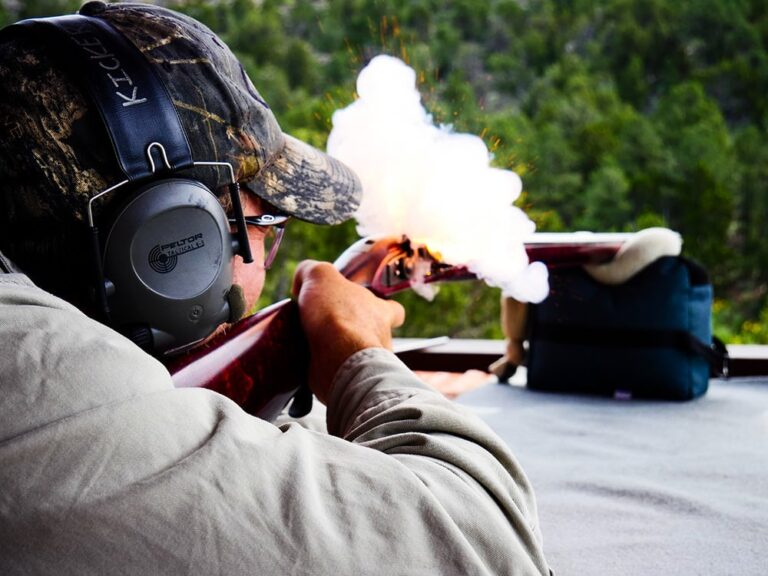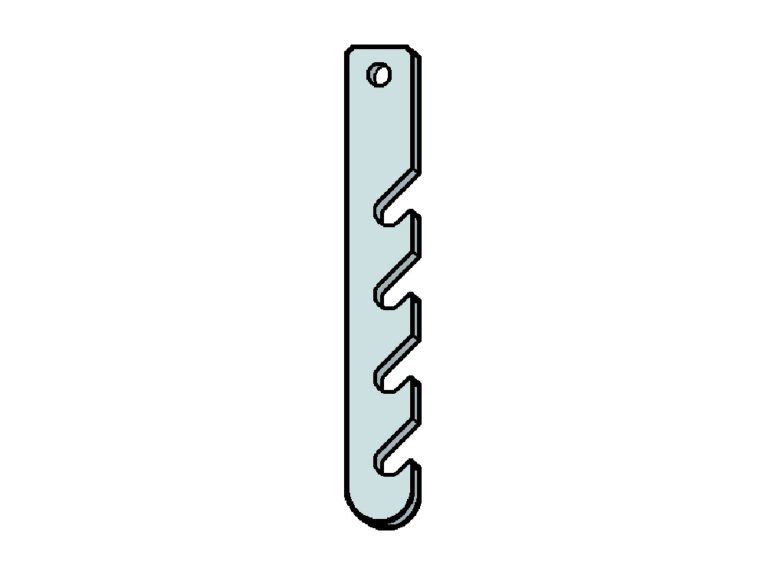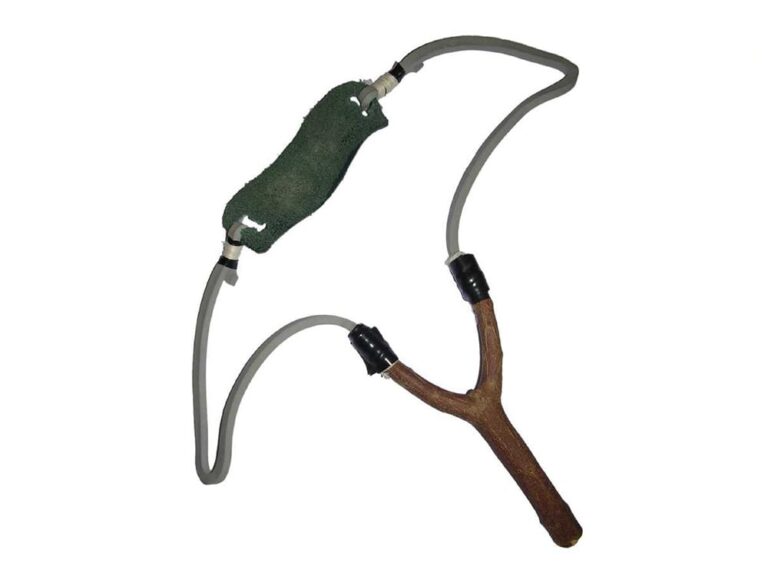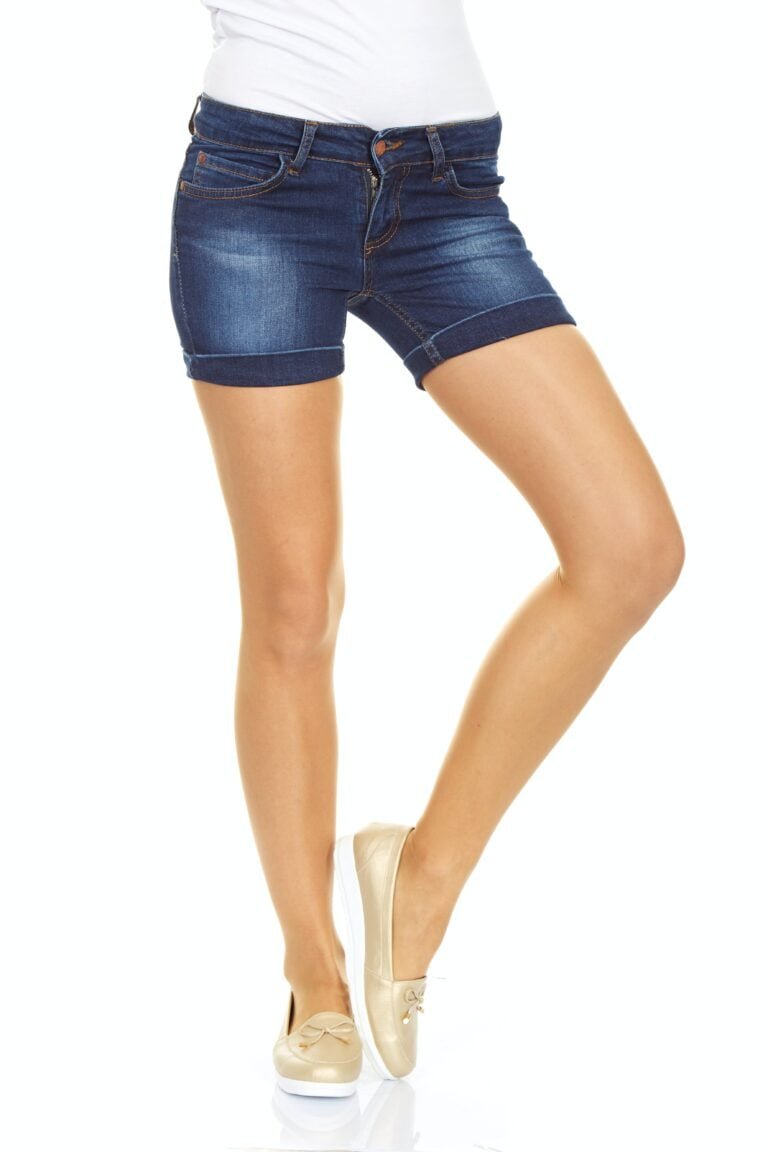mettre en boîte
The French idiom “mettre en boîte” means literally “to put in a can” or “to can.” Figuratively however it means “to make fun of someone,” “to annoy,” “to tease,” or “to kid.” The saying dates back to the end of the 19th century, when “to can” meant “to mock” or “to whistle disapprovingly at.” The…









